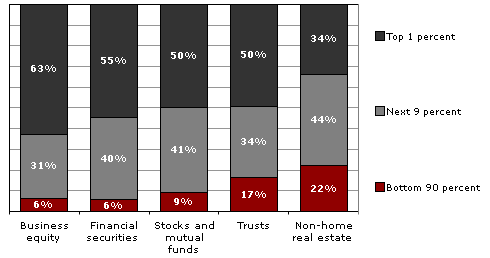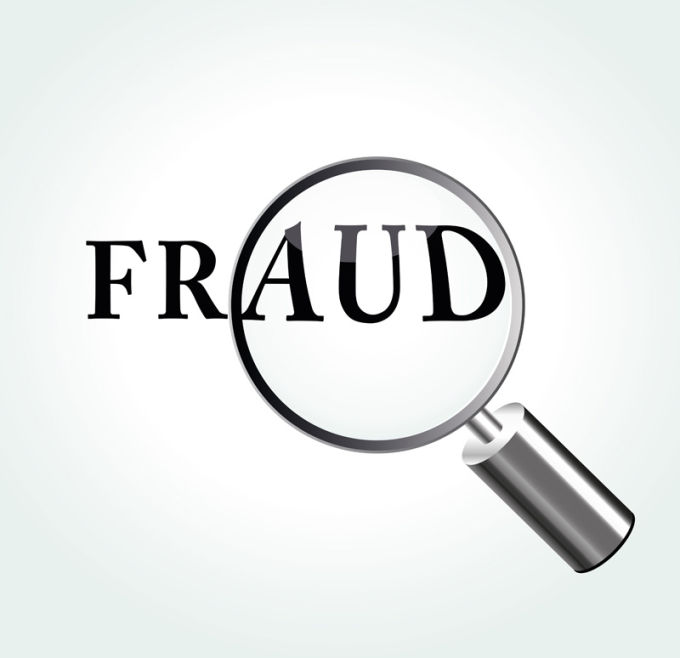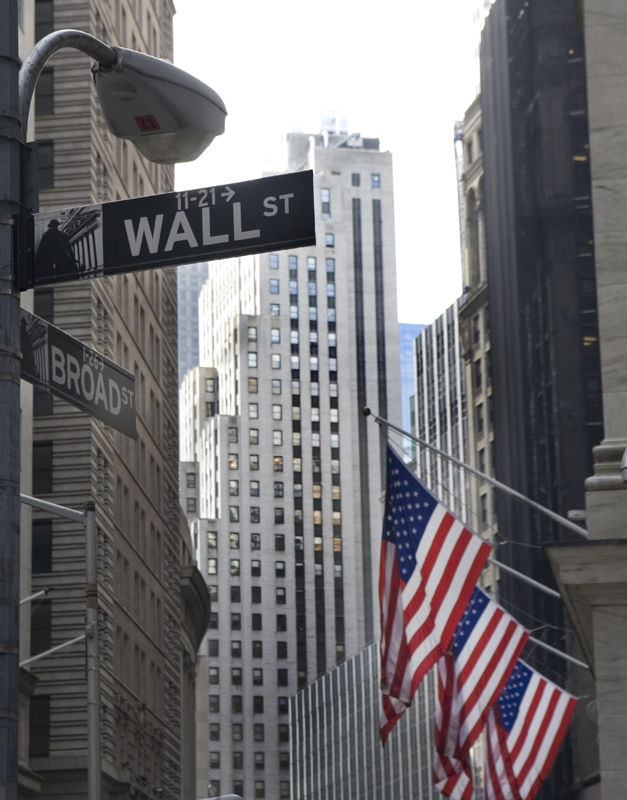
FINRA announced it has just fined C.L. King & Associates $750,000. According to the Regulatory Authority´s decision, the broker-dealer has negligently made “material misrepresentations and omissions to issuers in connection with the firm’s redemptions of debt securities on behalf of a hedge fund customer.”
This was allegedly done in connection with the hedge fund customer´s scheme to profit from the death of terminally ill individuals.
A FINRA hearing panel also found that the Albany-based broker dealer and its Anti-Money Laundering Compliance Officer failed to “implement a reasonable AML program and failed to adequately respond to red flags related to the liquidation of billions of shares of penny stocks indicative of potentially suspicious activity by two customers.”
 FINRA Lawyer Blog
FINRA Lawyer Blog

















